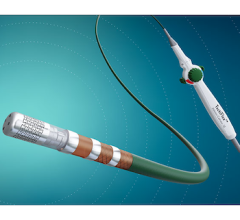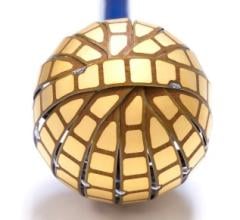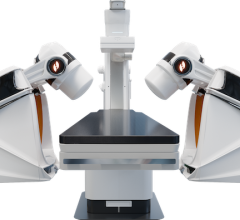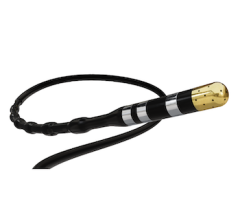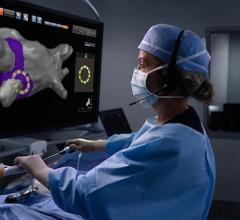May 11, 2016 — Patients with Wolff-Parkinson-White syndrome who receive catheter ablation to cure their abnormal heart rhythms are just as likely as non-ablated patients to develop atrial fibrillation no matter what age they receive ablation, according to a new study.
The study by researchers at the Intermountain Medical Center Heart Institute in Salt Lake City also found that Wolff-Parkinson-White syndrome is a long-term cause of atrial fibrillation in addition to traditional risk factors such as obesity, high blood pressure, sedentary lifestyles and sleep apnea.
Wolff-Parkinson-White is a syndrome that results in an abnormal electrical pathway from the upper to the lower heart chambers. Patients with the syndrome can experience rapid abnormal heart rates when electricity bypasses the normal electrical system of the heart and uses the extra pathway.
Researchers at the Intermountain Medical Center Heart Institute initially set out to discover if catheter ablation reduces the long-term risk of atrial fibrillation and whether the patients' age at the time of the procedure affected their risk.
Their study consisted of previously collected data from three different groups: 872 Wolff-Parkinson-White patients who received ablation treatment between ages 22 and 57; 1,461 patients who were treated with medication; and 11,175 people who didn't have the syndrome.
The researchers found that no matter at which age an ablation is performed, adult patients with Wolff-Parkinson-White continue to have a life-long, significant risk of atrial fibrillation.
"When a lot of physicians encounter patients with Wolff-Parkinson-White and atrial fibrillation, they believe that if the accessory or extra pathway is treated and cured, then the risk of atrial fibrillation is removed," said Intermountain Medical Center Heart Institute cardiologist Jared Bunch, M.D., lead researcher of the study. "Our findings unfortunately do not confirm that belief and suggest otherwise."
The Intermountain Medical Center Heart Institute research team presented results of their study at the Heart Rhythm Society's 2016 Scientific Session, May 4-7, in San Francisco.
Catheter ablation is a technique that can cure the abnormal heart rhythms by cauterizing or freezing that extra pathway.
Atrial fibrillation is a common and irregular and rapid heart rate that occurs when the left ventricle stiffens to counteract high blood pressure while the left atrium dilates in response to higher pressures.
Blood clots commonly form in patients with atrial fibrillation, which makes it one of the most common causes of strokes.
Bunch said it's possible that Wolff-Parkinson-White patients also have an atrial myopathy, or abnormal heart muscle, that leads to long-term atrial fibrillation risk — independent of the extra pathway. He says close follow-up throughout the lives of patients with atrial fibrillation can help prevent risk of stroke.
The other members of the Intermountain Medical Center Heart Institute research team included Heidi May, Ph.D., MSPH; Tami Bair, RN; Brian Crandall, M.D.; Michael Cutler, DO, Ph.D., Victoria Jacobs, NP; Charles Mallender, M.D.; Jeffrey Osborn, M.D.; Peter Weiss, M.D., and John Day, M.D.
Intermountain Medical Center is the flagship facility for the Intermountain Healthcare system, which is based in Salt Lake City.
For more information: www.hrsonline.org


 February 06, 2026
February 06, 2026 
